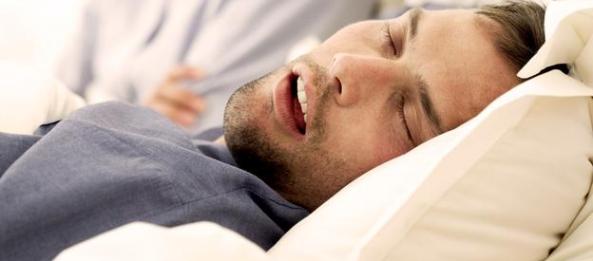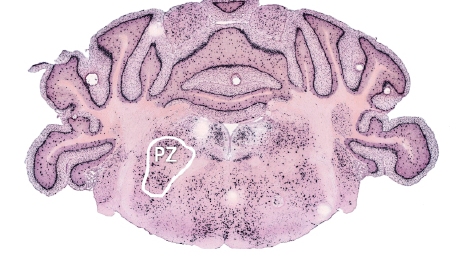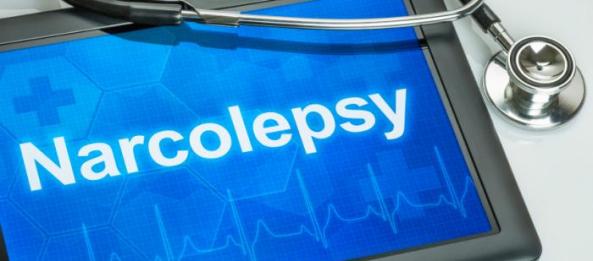Remember when I said I wasn’t going to give you the same old sleep hygiene lists that everyone has already read? Well, I’m going to give you a sleep hygiene list, but I’ve tweaked it using my decades of insomnia as inspiration, and I hope that this will prove useful for you. If not, well, you can at least tell your doctor you tried the best sleep hygiene checklist.
Before we begin, I think it’s important to emphasize that your sleep needs are different from other people’s needs. What works for some may not work for you. These aren’t strict rules; they are suggestions. If you have not tried them, they may help you. If you find ones that don’t work, then you’ve learned something valuable about what does and does not work for you. The ONLY solid rule is that you need to be kind to yourself. Being unable to get the sleep you need is torture enough without beating yourself over the head.
1. Keep a journal. This is going to be a journey, and like any journey worth taking, it’s going to have its highs and lows. You’re going to be disappointed, you’ll be pleased, you’ll be crushed, and you’ll be elated. You’re most likely exhausted already, and by the end, I hope you get some rest.
a) Whether you use pen and paper, a computer, or a phone to keep your journal is up to you, but there are things you definitely want to keep track of in your pre-bedtime journal
- What time you went to bed (there will likely be more than one time to start off with, and that’s to be expected), when you got up, and how much sleep you got.
- How you feel. Make your own scale of fatigue (I use 1 as “I’m too tired to move” and 10 as “HYPER!”)
- What and when you eat and drink. Every single thing and the time is going to be important as well.
- Medications, including dosage and what time you took it. Include everything: prescribed, over the counter Include supplements), and illegals.
- Your thoughts before bed (get it all out so your brain has less to sort through while it’s trying to sleep).
- Quality of Life – This is the most important thing you will write in your journal, so you need to get it down. How is your insomnia affecting your quality of life? Couldn’t go out with friends because you’re a zombie? Write that down. Had to get someone else to walk your dog? Write that down. Because if this list doesn’t help you, you’re going to need to express to a doctor how severely your insomnia is impacting your quality of life. It’s the only language they speak.
b) If you have frequent nightmares, excessive dreaming. or sleep paralysis, you can also keep a dream diary. You should write in it first thing in the morning, before you even get out of bed.
2. Get an app. I find that ones that work with a Fitbit or other smart watch work best, but the phone-based apps work well enough. This will give you valuable data. I use Sleep As Android with my Samsung Gear2, but there are many apps out there to choose from. Five Best Sleep Tracking Gadgets or Apps
3. Stick to a sleep schedule. For most people, this means the same bedtime(s) and wake up time(s), even on the weekends. No sleeping late, no unscheduled naps, and get to bed on time. This helps to regulate your body’s clock, and could help you fall asleep and stay asleep. If you fall asleep better at daybreak than 10 PM, and your schedule allows for it, go ahead and do that. If you do well sleeping for 4 hours, then being up for awhile, then going back to sleep, do that. Whatever you feel is most natural for you.
a.) If you have a Non-24 sleep-wake cycle disorder (AKA Non-24, which is extremely rare in sighted people), it isn’t about the time on the clock, it’s about sticking to the schedule that works best for you. I do best when I’m up for 20 hours, then sleep 9.5 hours. Find what works for you.
4. Practice a relaxing bedtime routine. A relaxing, routine activity 30 minutes to an hour before bedtime, away from bright lights, helps separate your sleep time from the rest of your day. Meditation, writing (in your journal or otherwise), reading or listening to a book, lying beneath the stars, some soft music, hanging out with a furry friend, a quiet conversation about non-stressful, non-exciting things, knitting, any activity that calms your mind. Sometimes you just need to brush your teeth, clean your face, get into your PJs, feed the cat, and other truly routine stuff.
5. Take work/school materials, computers, and televisions out of the sleeping environment. I know, it’s hard, but it’s important. These objects have weight, not just physical, but mental. It can make a marked difference.
6. Exercise daily. Vigorous exercise is best, but even light exercise is better than no activity. Exercise at any time of day, but not at the expense of your sleep.
7. Think of your bedroom as your Sleep Palace. Reserve your bed for sleeping and sex only. Design your sleep environment to establish the conditions you need for sleep.
- Keep it cool. Some new studies have shown that body temperature is actually more important than light (or lack thereof) for initiating sleep. The body’s core temperature needs to drop by about 2 to 3 degrees Fahrenheit to initiate sleep. Your bedroom should be cool. Between 15-19°C (60-67°F) is ideal for most people, but if you like sleeping under a heavy blanket, you could go lower. If you find you feel too warm at night, sticking your feet out from under the blanket will help cool you down. More info here: Keep It Cool for a Good Night’s Sleep
- Your bedroom should also be free from any noise or light that can disturb your sleep. Consider using blackout curtains, eye mask, earplugs, white noise machines or apps, humidifiers, fans, purring kitty, or other devices.
- Make sure that your room smells good. Bad smells can cause nightmares and prevent you from getting quality sleep. Clean up anything that is causing bad odors, but also don’t overdo things like using strong chemicals. Air out your room as often as possible, but take precautions if you have seasonal allergies. Find out more about the effects of indoor air quality here.
8. Dress for Success. It’s more than just staying cool or warm, it’s about feeling good. Get yourself some PJs that make you feel cozy (and cute, if you like). You want to engage as many senses as possible with the idea of sleep.
9. Build your nest. Make sure your mattress is comfortable and supportive. Have comfortable pillows. And make the room attractive and inviting for sleep, but also free of allergens that might affect you. Clean sheets and a comfy blanket or comforter can help make you feel relaxed.
10. Use bright light during the day to help manage your circadian rhythm, then dim light in the evening. Avoid bright light in the evening and expose yourself to sunlight in the morning if possible. If your schedule doesn’t permit sunlight first thing in the morning, a happy light might work. This will keep your circadian rhythm in check (at least it will if you have a normal circadian rhythm). After sunset, use as little light as possible. If you can, make sure all your screens (TV, computer, phone, etc.) are as dim as possible. There are apps for your phone and computer that will block blue light, which is the kind of light that is believed to keep you awake. Use those if you must use electronics, especially within 2 hours of bed time.
11. Avoid alcohol, cigarettes, and heavy meals in the evening. Alcohol, cigarettes, and caffeine can disrupt sleep. Eating big or spicy meals can cause discomfort from indigestion, and digestion alone can keep you from falling asleep. Eating just before bed also really can give you nightmares.
12. Tame Racing Thoughts If you just can’t get your brain to calm down, see my post on a strategy that has really worked for me: How to Tame Racing Thoughts
13. Don’t Watch the Clock. Staring at a clock in your bedroom, either when you are trying to fall asleep or when you wake in the middle of the night, can intensify sleep dread, making it harder to fall asleep. Turn your clock’s face away from you.
14. If you can’t sleep, go into another room and do something relaxing until you start to feel sleepy. Read (unless that stimulates your brain too much, listening to an audiobook is best for me, personally, when I want to relax), try a crossword puzzle, meditate, just do something soothing and relaxing. Sometimes a bath or shower can work wonders.
15. Good Sleep Doesn’t Begin at Bedtime. The thing about getting good sleep is that there are many things that contribute to or damage your ability to get good sleep, and those things are happening all day and night. What you eat: avoid too much sugar, eat healthy, and avoid processed foods when possible; your views; your mood; your physical activity; stress; health issues…everything in your life is in some way related to when you sleep; how well you sleep; and how much you sleep. Look at your daily life, your routines, your friends, everything, and figure out whether those things are impacting your sleep. It might be time to stop talking to that Negative Nancy friend of yours, or to really try to get to that morning yoga class more often.
16. Stay Positive. This is difficult, but you have to look at each new day as one step closer to your next night of fabulous sleep, and that night could be tonight. Not getting enough sleep (including not getting enough quality sleep) affects your mood. If you feel you’re getting depressed or anxious, you should schedule time with a licensed therapist. Sometimes just talking about it with someone can help you think about things in a more positive way.
If you have followed this for a few weeks and still aren’t getting the sleep you need, take all that data (from the app and your journals) to the doctor.
Good night, and sleep however you can.
Did I miss something? Let me know what advice you would add.












